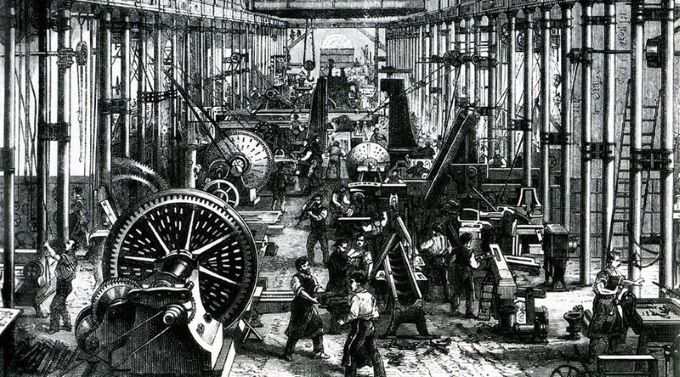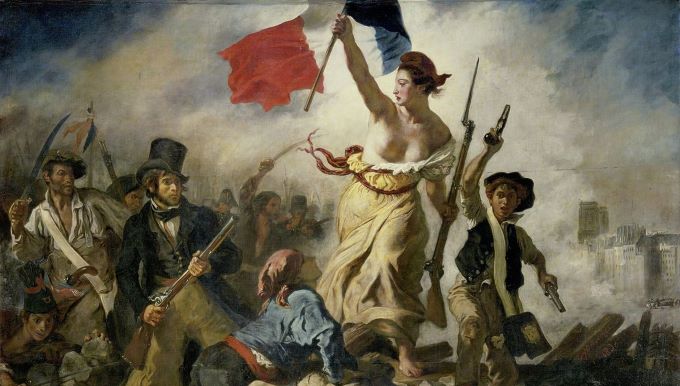
The Reformation was a religious, political, and cultural movement that emerged in Europe in the 16th century, challenging the authority of the Catholic Church and leading to the establishment of Protestantism. The Reformation had far-reaching consequences, transforming the religious and political landscape of Europe and shaping the course of world history.
The roots of the Reformation can be traced back to a growing dissatisfaction with the corruption and corruption within the Catholic Church. Many people felt that the Church had become too wealthy and politically powerful, and that it was neglecting its spiritual duties. This sentiment was particularly strong among the educated classes, who were influenced by the ideas of humanism and the rediscovery of ancient texts that called for a return to the original teachings of the Bible.

The spark that ignited the Reformation was the publication of Martin Luther’s “95 Theses” in 1517. In these theses, Luther challenged the Church’s teachings on indulgences, which were certificates that people could buy to reduce the amount of time they would spend in purgatory after they died. Luther’s theses sparked a wave of debate and criticism, and they quickly spread throughout Europe.
The Reformation quickly gained momentum, and it soon became a widespread movement. Other leaders emerged, including John Calvin in Switzerland and Henry VIII in England, who also challenged the authority of the Catholic Church and established new, Protestant forms of Christianity. The Reformation also had important social and economic implications, as the new Protestant churches encouraged the growth of a merchant class and helped to spur economic development.

The Reformation had a profound impact on the religious and political landscape of Europe. It led to the establishment of numerous Protestant denominations, and it contributed to the decline of the Catholic Church’s power and influence. The Reformation also had significant political implications, as it helped to weaken the authority of the Catholic Church and the power of the Pope, and it paved the way for the rise of secular, nation-state governments.
The Reformation also had far-reaching cultural consequences, as it encouraged the development of the arts, sciences, and humanities. The Reformation helped to foster a more critical and independent spirit, and it encouraged the growth of new forms of religious and artistic expression. The Reformation also had an important impact on the spread of the printing press, which helped to spread the new ideas and information that emerged during this time.

Despite its many achievements, the Reformation was not without its challenges and controversies. The Reformation led to a wave of religious conflict and violence, as Protestant and Catholic groups struggled for control and influence. The Reformation also contributed to the rise of nationalism and the growth of national identities, which had important implications for the formation of modern Europe.
The Reformation was a significant turning point in European history. It challenged the authority of the Catholic Church, established Protestantism, and had far-reaching consequences for the religious, political, and cultural landscape of Europe. The Reformation encouraged the growth of the arts, sciences, and humanities, and it helped to foster a more critical and independent spirit. Despite its many challenges and controversies, the Reformation remains an important part of the world’s cultural heritage to this day.


